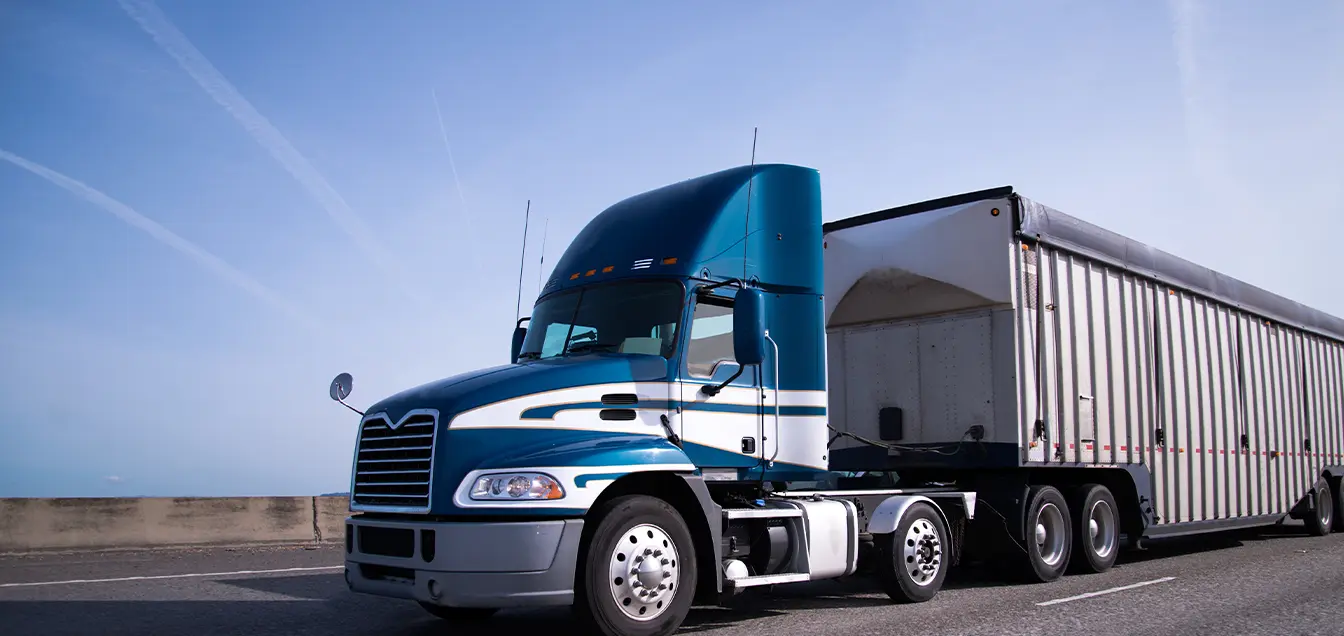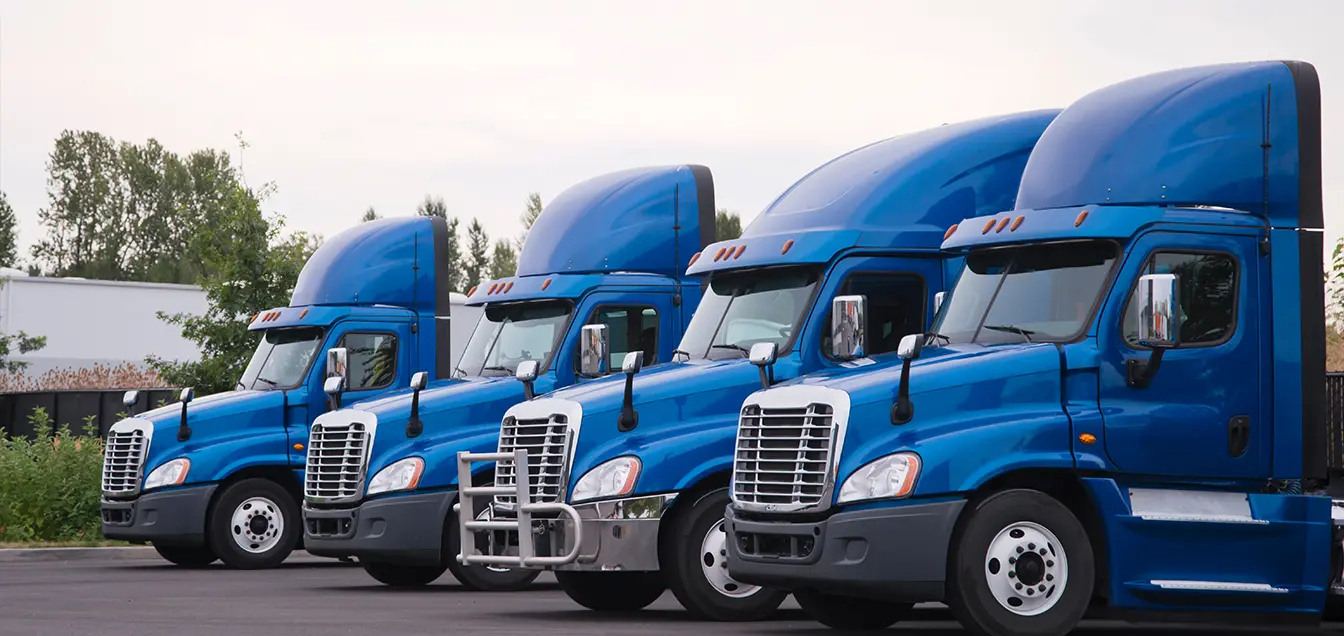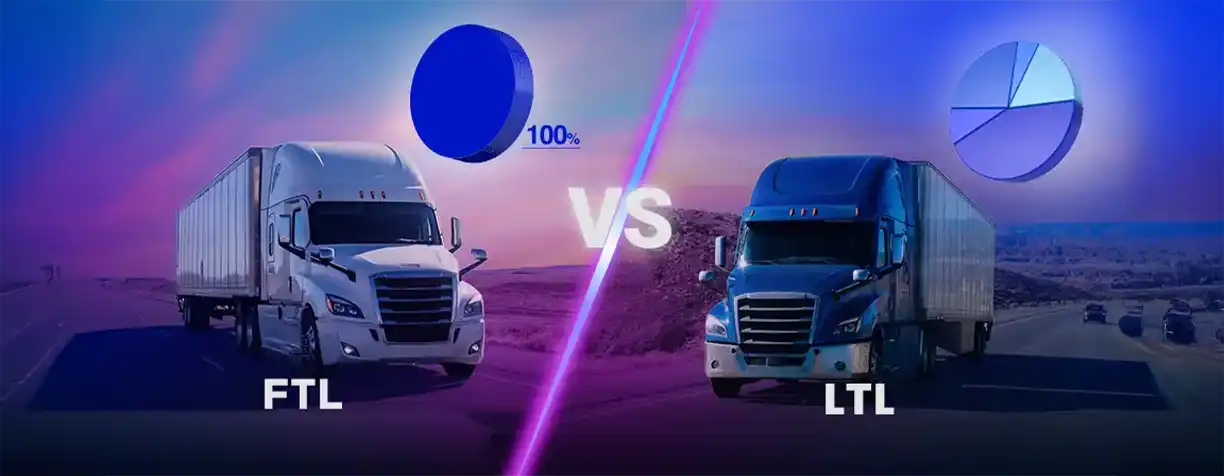Shipping freight across Canada requires choosing the right trucking method. The two most common options are FTL vs LTL. Understanding the difference can save you time and money while improving delivery efficiency.
Table of Contents
What is FTL and LTL?
FTL stands for Full Truckload, while LTL means Less Than Truckload. The core distinction lies in how much space your freight occupies in the truck.
FTL Meaning and LTL Shipping Meaning
FTL Meaning refers to using an entire truck for one shipment. It’s ideal for large deliveries. In contrast, LTL Shipping Meaning involves sharing truck space with other shippers, making it perfect for smaller loads.
Difference Between FTL and LTL
The primary difference between FTL and LTL is the volume and handling of cargo. FTL shipping meaning involves direct delivery with minimal handling. LTL, however, requires multiple stops, making it slightly slower.
FTL and LTL Meaning in Daily Operations
Understanding FTL and LTL meaning helps businesses pick the most effective method. A company needing urgent or fragile delivery may prefer FTL full truck load, while small shipments on a budget are better suited to LTL.
FTL vs LTL: Which Is Faster?

When comparing FTL vs LTL, FTL wins in speed. Since the truck carries one load, it goes straight to the destination. LTL vs FTL typically involves more handling and stops, extending delivery time.
FTL vs LTL Shipping Costs
Cost is a significant factor. LTL vs FTL shipping often favors LTL for smaller budgets. Businesses that don’t need an entire truck can reduce expenses by sharing space.
FTL Transport and Trucking Rates per KM Canada
If you’re considering FTL transport, it’s crucial to understand trucking rates per km Canada. These rates depend on distance, weight, and fuel costs. While FTL may be pricier upfront, it can offer better value for large shipments.
LTL Shipping: What to Expect
LTL Shipping in Canada is a go-to for many businesses. It offers flexibility and cost savings. This method is especially useful when shipping from a fulfillment center in Canada to multiple destinations.
Choosing Between LTL vs FTL
When choosing between LTL vs FTL, consider delivery urgency, budget, and shipment size. Need two-day shipping? Go with FTL. Want to cut costs on small loads? LTL is the better option.
Working with a 3PL Warehouse

Many businesses partner with a 3PL Warehouse in Canada to simplify operations. These partners help determine the best shipping method, whether FTL or LTL.
FTL Platform Benefits
Using an FTL platform can improve scheduling and communication. You get real-time tracking, dedicated trucks, and fewer touchpoints — ideal for time-sensitive deliveries.
Transloading and FTL vs LTL
Transloading in Canada bridges the gap between international and domestic shipping. It’s useful in both FTL vs LTL scenarios, especially when cargo changes transportation modes.
Cross-Docking Services
Cross-docking services in Canada reduce storage time and accelerate shipments. Pairing this with the right method — FTL for speed or LTL for savings — boosts supply chain efficiency.
Courier Services in Canada for Last-Mile Delivery
Once freight nears its destination, courier services in Canada take over. This step is vital in LTL vs FTL shipping as smaller LTL shipments often need final-mile delivery services.
Freight Forwarding Services and FTL vs LTL
Freight Forwarding Services coordinate logistics between carriers and customers. Whether you’re using FTL transport or LTL, they ensure smooth transitions and timely deliveries.
Canada’s Fastest Shipping: FTL Leads

When it comes to the fastest shipping in Canada, FTL takes the lead. Direct routes and minimal stops reduce transit times significantly compared to LTL.
Finding the Right Trucking Logistics Company
Choosing a reliable trucking logistics company ensures you make the best decision between FTL vs LTL. A trusted partner can advise on when to switch methods for efficiency or savings.
3PL Canada and the Role in FTL vs LTL
A 3PL Canada provider plays a key role in determining the best solution for your needs. Whether you’re shipping a full load or just a few pallets, they’ll match you with the right service.
Summary: The Difference Between LTL and FTL
Understanding the difference between LTL and FTL is crucial for Canadian shippers. FTL offers speed, security, and control, while LTL provides cost-effective solutions for smaller loads.
Final Words
With a clear understanding of FTL vs LTL, businesses in 2025 can make informed choices for domestic and cross-border shipping. From cross-docking services to partnering with a 3PL Warehouse, your logistics strategy determines delivery success.





